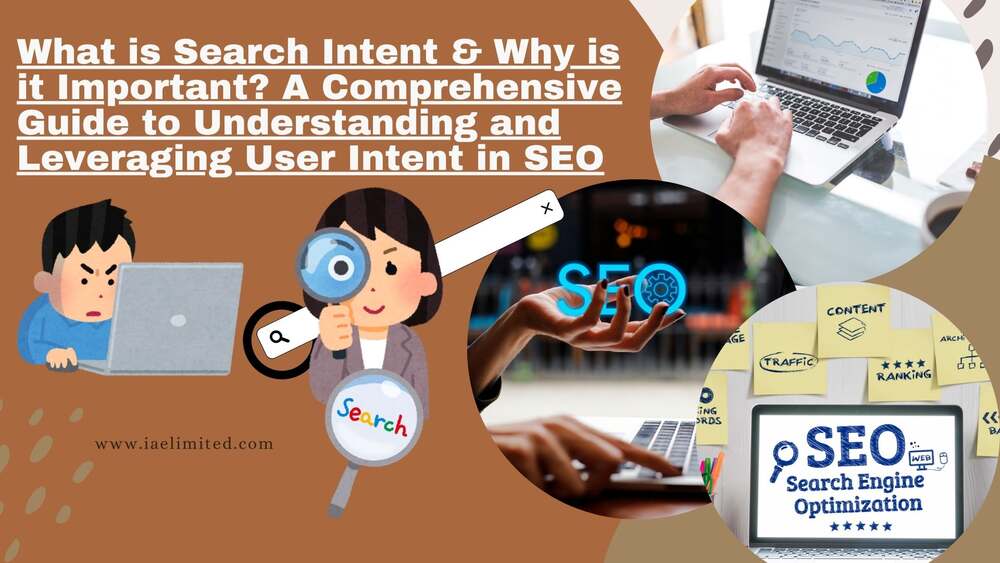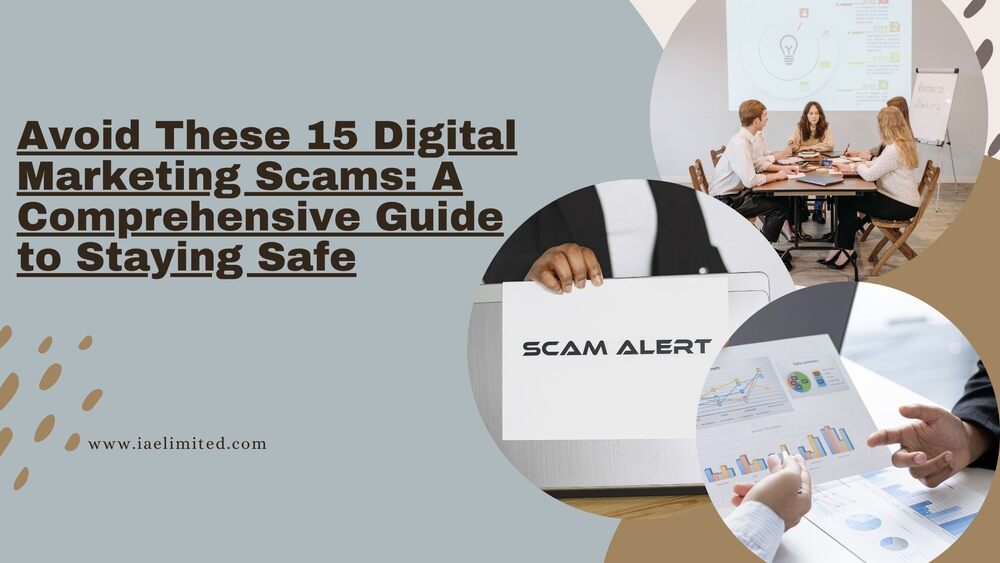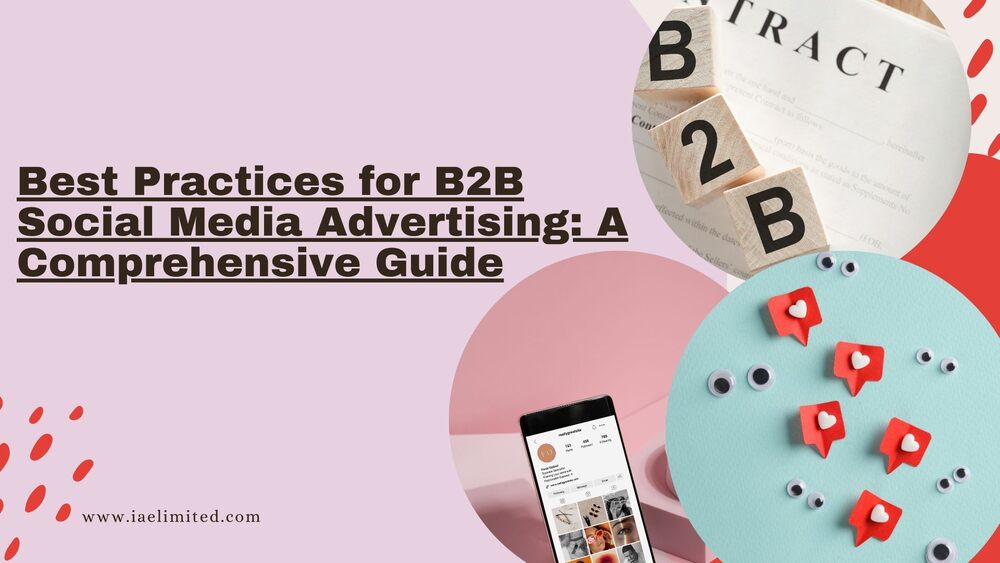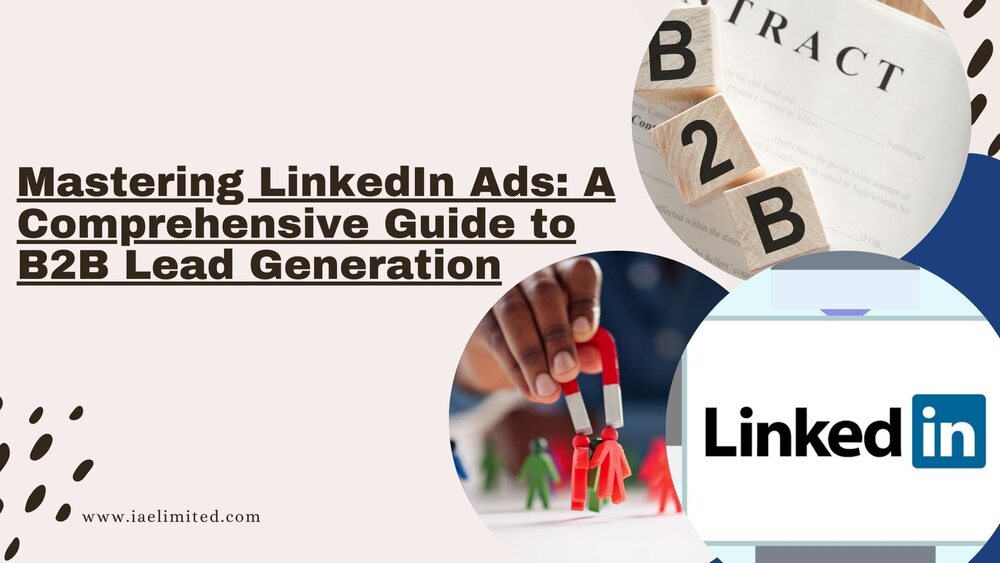
In today’s digital landscape, a well-crafted B2B social media marketing strategy is essential for connecting with other businesses and achieving marketing goals. This blog post outlines key components and strategies to help businesses create an effective B2B social media marketing plan.
Why B2B Social Media Marketing is Essential
Table of Contents
Social media is a powerful tool for B2B companies to:
- Enhance Brand Visibility: Reach a broader audience and increase brand awareness.
- Engage with Industry Leaders: Connect with key decision-makers and influencers in the industry.
- Generate High-Quality Leads: Attract and nurture potential business clients.
- Showcase Expertise: Establish authority and thought leadership in your field.
Key Components of a Successful B2B Social Media Marketing Strategy
1. Define Your Objectives
Setting clear, measurable goals is the first step in developing a successful strategy. Common objectives for B2B social media marketing include:
- Increasing Brand Awareness: Aim to reach a larger audience and improve brand recognition.
- Driving Website Traffic: Use social media to direct traffic to your website or landing pages.
- Generating Leads: Focus on attracting and converting potential business clients.
- Enhancing Customer Engagement: Build and maintain relationships with your audience.
2. Identify Your Target Audience
Understanding your target audience is crucial for tailoring your content and campaigns. Consider:
- Industry and Company Size: Determine the industries and company sizes that are most relevant to your business.
- Decision-Makers and Influencers: Identify the key roles and individuals you need to reach.
- Pain Points and Needs: Understand the challenges and needs of your target audience.
3. Choose the Right Social Media Platforms
Select platforms that align with your audience and goals:
- LinkedIn: Ideal for B2B networking, lead generation, and thought leadership.
- Twitter: Useful for industry news, updates, and engaging with influencers.
- Facebook: Effective for community building and sharing company updates.
- YouTube: Great for showcasing product demos and thought leadership videos.
In case you missed it, we recently published a post on, comprehensive guide to choosing the right social media platform for your B2B social marketing.
4. Develop a Content Strategy
Creating valuable content is key to engaging your audience. Focus on:
- Educational Content: Share blog posts, whitepapers, and case studies that provide industry insights.
- Thought Leadership: Publish articles and opinions that showcase your expertise.
- Visual Content: Use infographics, videos, and images to capture attention and convey information.
- Engagement Content: Post polls, questions, and interactive content to foster engagement.
5. Implement a Posting Schedule
Consistency is important for maintaining an active presence. Develop a content calendar that includes:
- Frequency of Posts: Determine how often you will post on each platform.
- Content Themes: Plan content around key themes, events, and industry trends.
- Optimal Posting Times: Research when your audience is most active to maximize engagement.
In case you missed it, we recently published a post on, how to create and manage your content calendar with ease. In this article, you will learn how to create a content calendar and how it can help you stay organized
6. Leverage Paid Advertising
Paid social media advertising can boost your reach and effectiveness. Consider:
- Sponsored Posts: Promote specific content to a targeted audience.
- Display Ads: Use banner ads to increase brand visibility.
- Retargeting: Reach users who have previously interacted with your content or website.
7. Monitor and Analyze Performance
Tracking your results is crucial for optimizing your strategy. Use analytics tools to:
- Measure Key Metrics: Track engagement rates, click-through rates, and conversion rates.
- Evaluate Campaign Performance: Assess the effectiveness of your campaigns and adjust as needed.
- Gather Insights: Use data to understand what works and refine your approach.
Examples of Successful B2B Social Media Strategies
1. HubSpot
HubSpot excels in leveraging LinkedIn to share valuable content, engage with industry professionals, and generate leads.
2. Salesforce
Salesforce uses Twitter to maintain brand visibility and interact with customers through real-time updates and thought leadership.
3. IBM
IBM’s LinkedIn strategy includes sharing industry insights, success stories, and updates on technological innovations.






